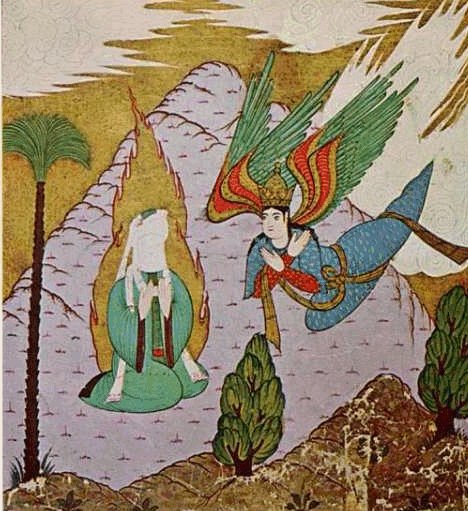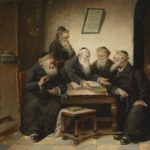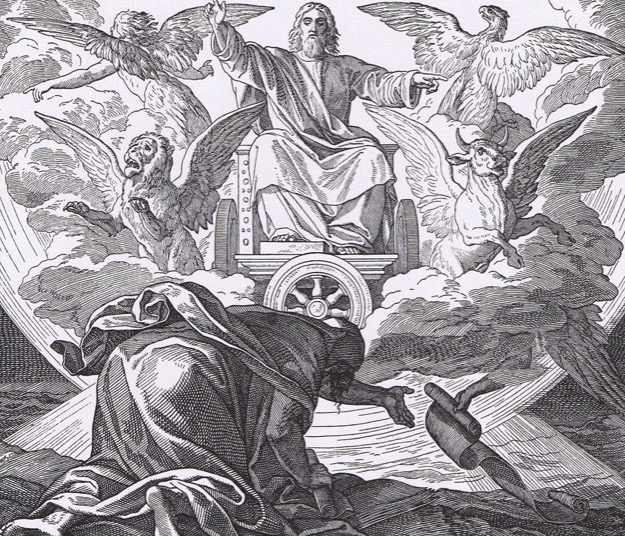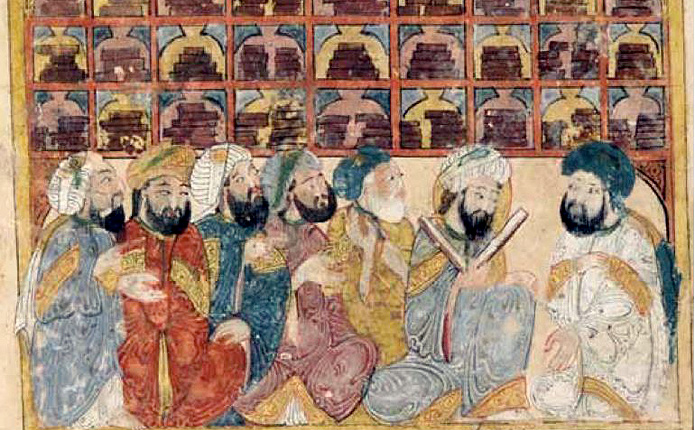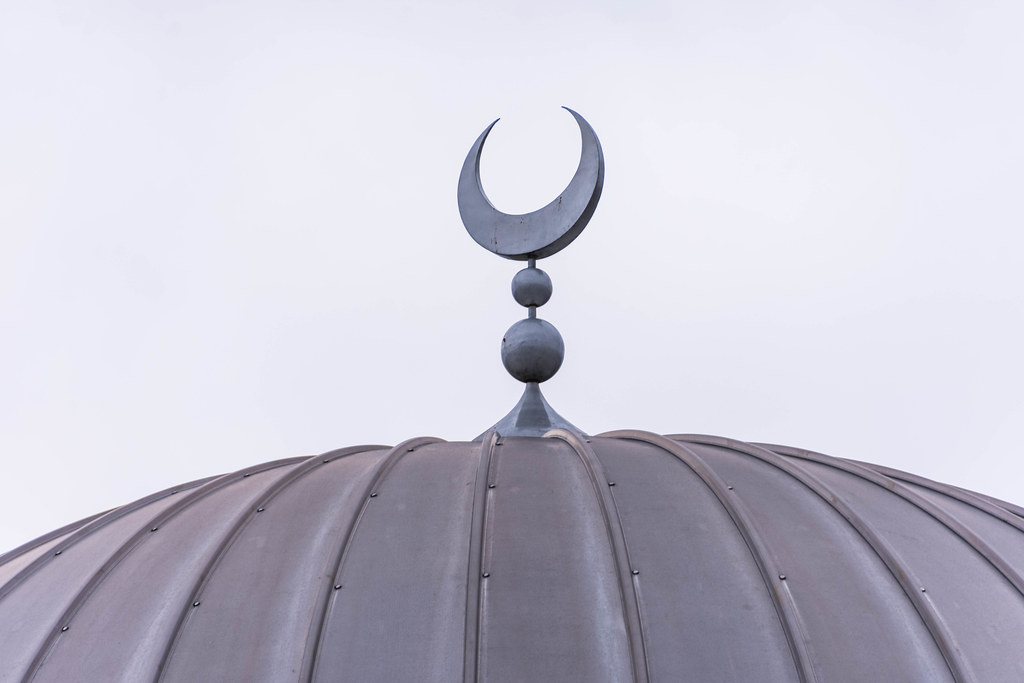While Muhammad’s pre-Inspiration polytheism is scandalous to some Muslims, especially Shi’ites, there is no rational basis for believing that Muhammad was not a polytheist before the Inspiration. Many ahadith testify to his gradual journey from polytheistic practices to monotheistic ones. These ahadith make no sense if he was a monotheist from birth.
Muhammad was among those who helped rebuild the Kaaba after it was severely damaged in floods in 605, and there is no hint from any source that he made the least protest about rehousing any of the 360 idols in or on it.
He is also not recorded as leading a life that differed in any way from that of other well-respected and wealthy men of Mecca before the Call. This is important because he later relies on his respected status later in his dealings with Meccans. To paint him as a pre-Inspiration devoted monotheist makes the change in the attitude of Meccans after the Inspiration ridiculous to the extreme.
More to the point, to say that he was a monotheist before the Call is against the words of the Quran:
Did [Allah] not find you and orphan, and He gave you refuge? He found you wandering and guided you. He found you poor and made you rich…. (Quran 93:6-8)
The word for “wandering” here, which is also translated as “erring,” has the religious meaning of the word. Muhammad was in religious error/straying before the Inspiration, and Allah has set him straight. Attempts to recast this as mere confusion do not hold up to the internal consistency of the Quran or to the reports of the ahadith. Muhammad was erring, and he found his way through Allah’s call…now every other person who has likewise erred must repent and choose the straight path.
There are a few legends that claim that a Christian monk and a Jewish rabbi each recognized signs that Muhammad would be a prophet of God when he was still quite young, and this started Muhammad down an early path of monotheism. According to these ahadith, the Christians were apparently looking out for an enormous mole between the shoulder blades of a future prophet, and the Jews apparently believed that the next prophet would have constantly bloodshot eyes. But there is no expectation of any mole-bearing prophet giving new laws in any Christian tradition—not in any fragment of any Christian book from any period, even among the apocrypha. This is a mere Islamic fairytale. The Jews were looking for a messiah descended from David who would restore the independence of Israel, and nowhere in the Torah or the Talmud is there an idea of bloodshot eyes indicating prophetic status. This is not an issue of “corrupted” books. We have an enormous wealth of Christian and Jewish texts, including the works considered by the orthodox traditions to be erroneous or even heretical, and there is simply no record of any such work anywhere. These are Islamic fables, and nothing more.
But even clearer is the rest of the testimony from the rest of the ahadith and sirat, which clearly show that Muhammad did not understand what happened to him during the Inspiration and feared that he was being attacked by evil forces. If Muhammad had been told since childhood that he was a monotheistic prophet, the Inspiration should have come as a long-awaited rather than alarming event. His confusion, in that case, would have been foolish or simply stupid. As Muhammad was neither foolish nor stupid, the ahadith and sira passages describing an early recognition of Muhammad as a prophet by random wandering Christians or Jews must have been a later invention.
That said, there is good reason to believe that Muhammad had been having doubts about polytheism some time before the Inspiration, as related in a number of ahadith. The clear evidence that he was involved in a form of Merkabah mysticism adds a lot of weight to his dalliance with monotheism. However, this evidence is also incompatible with a Muhammad having early, firm monotheistic views, because he could not begin to doubt polytheism if he had never followed it.
There are also hints that Khadija had more monotheistic leanings early on than Muhammad did–it was, after all, Khadija who was sure that Muhammad was not having a demonic attack but was rather experiencing something positive when Muhammad himself did not know.
